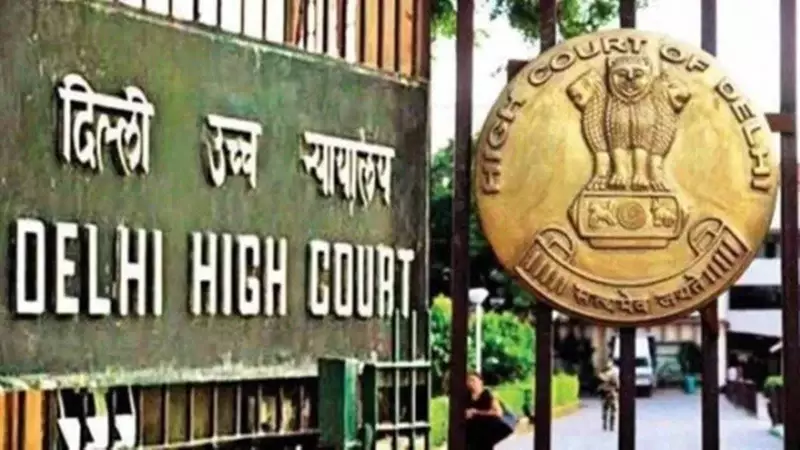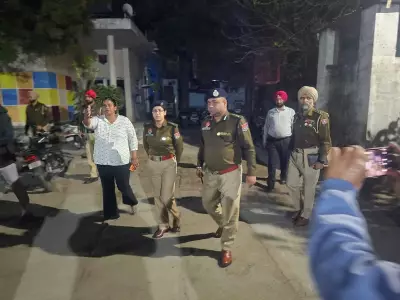
In a significant ruling that clarifies the boundaries of prisoner rights, the Delhi High Court has reinforced that furlough—temporary release from prison—is not an absolute entitlement for convicts. The court has upheld a 2019 mandate requiring a one-year waiting period before a prisoner can apply for furlough again after being readmitted to prison.
Court's Firm Stance on Prisoner Privileges
The bench, comprising Justice Sudhir Kumar Jain and Justice Ravinder Dudeja, delivered a clear message: furlough constitutes a privilege granted to convicts, not an inviolable right. This distinction forms the cornerstone of the court's decision, emphasizing that prison authorities maintain discretionary power in granting such temporary releases.
Understanding the Furlough Framework
Furlough within the Indian prison system serves multiple purposes:
- Provides temporary relief from prison environment
- Helps maintain family and social connections
- Serves as a rehabilitation tool for convicts
- Acts as preparation for eventual social reintegration
However, the court emphasized that these benefits must be balanced against public safety and institutional discipline.
The Case That Sparked the Clarification
The ruling emerged from a petition filed by a convict serving a life sentence who challenged the mandatory one-year waiting period. The petitioner argued that this restriction violated their rights, but the court found the regulation both reasonable and necessary for maintaining prison administration standards.
Broader Implications for Prison Administration
This judgment carries significant implications for prison management across India:
- Reinforces prison authorities' discretionary powers
- Establishes clear guidelines for furlough eligibility
- Balances prisoner welfare with public safety concerns
- Provides legal clarity on the nature of furlough as a privilege
The court's decision underscores that while prisoner rehabilitation remains important, it cannot override considerations of public safety and institutional discipline.
Legal Precedent and Future Applications
This ruling sets an important precedent for similar cases across Indian jurisdictions. By clearly defining furlough as a privilege rather than a right, the Delhi High Court has provided lower courts and prison administrations with a firm legal foundation for evaluating future furlough applications.
The judgment reflects the judiciary's careful balancing act between individual rights and societal interests, particularly in matters concerning convicted individuals serving prison sentences.






